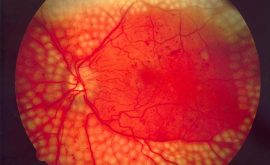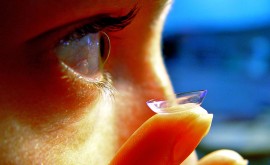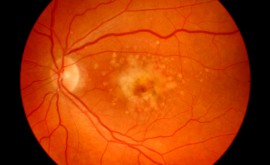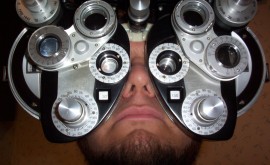A contact lens aftercare should include the following
Detailed History and Symptoms
This is very important as it enables the clinician to get a clear understanding of how the patient is getting on with the lenses. Questions should include how well they see with their lenses and whether they are comfortable all day or only part of the day. If they suffer from any dryness or irritation is it at the end of the day or any other specific time of day. Any pain, redness, discharge or light sensitivity? It is also a good idea to ask about wearing time here. How many days a week does the patient wear the lenses and for how long per day on average? It is useful to make a note of the time the patient has had the lenses in that day and how their eyes feel at that moment. Questions such as ´do you ever sleep, swim or shower in your contact lenses´is a great one to see if they comply with all the do’s and don’ts that you went through at their fitting appointment.
Over refraction
This normally takes a short time to re check their contact prescription. However, the borderline presbyopes and astigmatic patients may take a little longer. It is always very tempting to keep a patient in a spherical lens if only small additions or astigmatic corrections are needed. Even small changes can make big differences in the quality of the patient sight and short cuts should not be made here. If spherical changes make no difference take the time to try toric and multifocal/presbyopic CLs. The patient will thank you very much for that extra care!
Re checking the fit and condition of the lens
Here we should record much the same as we did when we originally fitted the lens for example, movement, coverage, centration and push up test. Then careful attention should be made to the condition of the lens whether there are any chips (RGPs) or tears (soft). If there are any deposits on the lens and if so, take into consideration the age of the lens and whether the deposits are significant or mild.
External Eye check
An extensive external eye examination should be conducted including lid eversion, lids and lash health, conjunctival and corneal health checking for any staining, neovascularisation or any areas which may be compromised, anterior chamber screen (for flare) and tear film quality/stability. This should be conducted with white light (no flouroscien) and blue light check (with flouroscein) . It is obligatory to grade the health using either the EFRON or CCLRU grading scale.
Management/Recall
At the end of the aftercare it is important to explain everything to the patients and answer any questions they may have. Also, it is a good idea to reinforce any DOs and DON’Ts for example if you suspect the patient has been over wearing their lenses and you emphasize the importance of rest days etc. If any changes have been made to their current Rx or material, it will be recorded here and likewise if any new trials or to be ordered/fitted (or in some cases fitted on the same day) it should be noted and advise given on review appointments be it annual recalls or trial follow ups.




